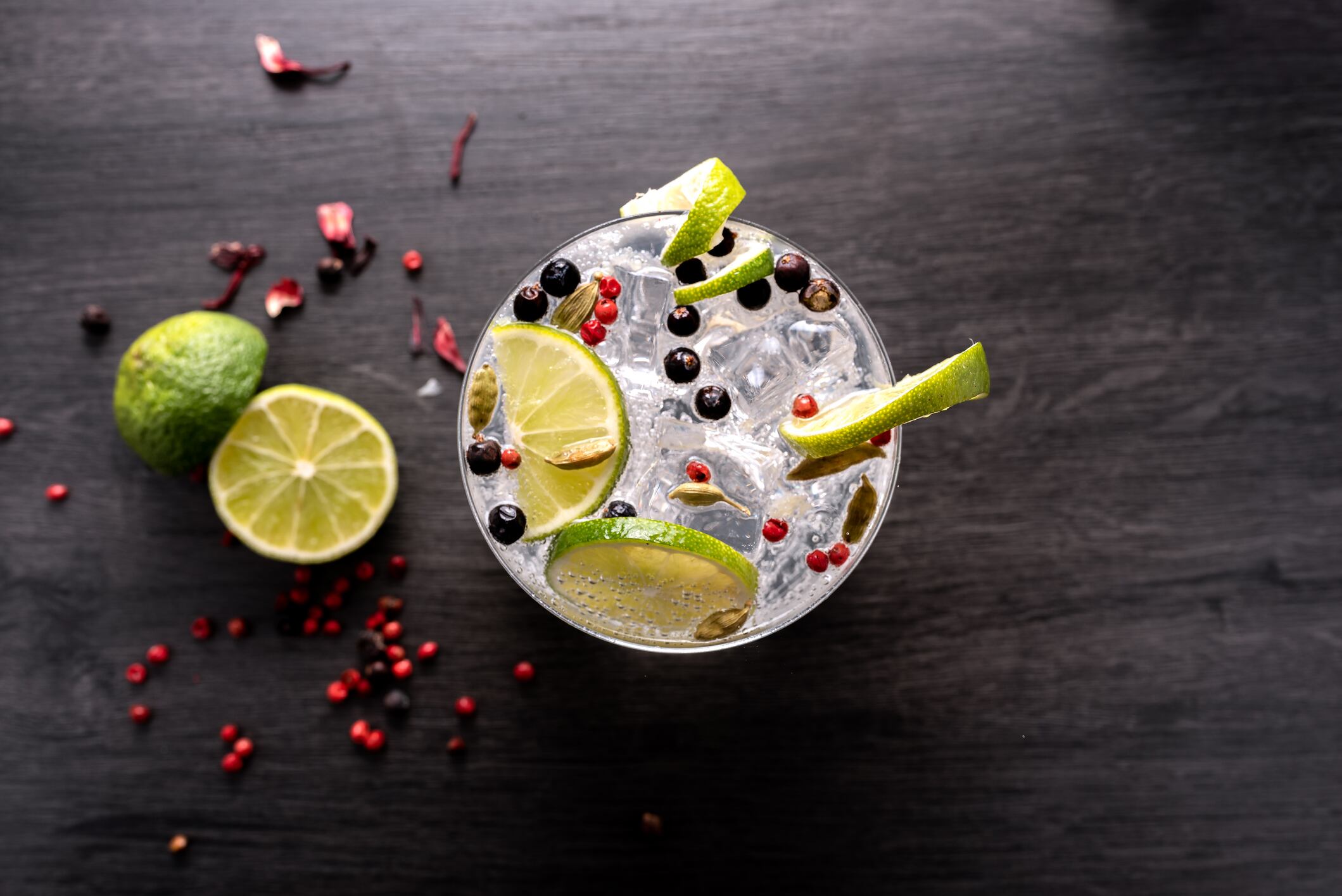The British beverage industry is in the midst of a golden age. From gin to tonic, heritage Scotch whisky to budding sparkling wine, British drink makers are at the forefront of global drinks trends – and demand for our brands continues to grow.
Leading this growth is gin - domestic sales topped £1.6bn ($2bn) last year, according to the Wine and Spirit Trade Association (WSTA) and the so-called ‘ginnaissance’ is expanding oversees as exports of British gin continue to boom.
HMRC statistics show UK gin exports totalled more than £612m ($750m) last year – up by 15% on the previous year. To put this into perspective, three out of every four bottles of gin imported around the world are from the UK, with the US, Japan, and China being key export markets.
Three out of every four bottles of gin imported around the world are from the UK
One craft distiller that has taken advantage of this global demand is The Cotswolds Distillery, which has seen its export sales grow by 350% since it began exporting in 2015.
After first exporting to the United States, the company has since expanded into 28 markets around the world, including Australia and Hong Kong.
With more competition domestically, breaking into new markets abroad can help local firms like The Cotswolds Distillery boost profitability, and help to hedge against seasonal trends that can impact the industry.
Thanks in part to its export success, Cotswolds has been able to invest to diversify its business and is now seeking to make a name for its English Whisky.
Breaking the conventions of their category, innovative firms like The Cotswolds Distillery are transforming the way consumers engage with products - challenger brands like Fever-Tree’s tonic have had huge success and transformed the way consumers think about their product, catering to a new generation of consumers seeking something fresh and new.
Challengers to the challengers
Yet, mirroring the pace of innovation across a range of other industries, there are now even ‘challengers to the challengers’.
Brands like Double-Dutch, Fentimans, and London Essence Co. are all creating innovative mixers that are revolutionising the market and changing global tastes and expectations of quality.
Increasingly, these businesses are starting out with the international market in mind. London-based Double Dutch for example currently exports to 25 countries, with overseas revenue accounting for 40% of its total annual turnover. The company is now developing its strategy to enter the potentially highly-lucrative Chinese market.
Regardless of whether a product taps into a sector with a strong exporting history such as Scotch Whisky, or indeed didn’t exist ten years ago – think English Sparkling Wine – there can be challenges firms might face in attaining the profitability and resilience benefits of exporting.
One major factor that alcoholic drink makers must navigate is regulation, with overseas markets often setting out specific requirements around factors such as labelling and packaging, which can differ from those in the UK.
For example, in the United States standard-size bottles for spirits are 750ml, while in the UK the standard size is 700ml. Additionally, all products must comply with US Food and Drug Administration rules, US Alcohol and Tobacco Tax and Trade Bureau laws for alcohol labelling and advertising, as well as each state’s individual alcoholic beverage control requirements.
These barriers, along with considerations such as finding trusted logistics providers and navigating new tax systems, can all be addressed with the right planning, insight and guidance.
The Department for International Trade’s network of International Trade Advisers can help with issues such as legislation, translations, tax, developing leads and finding international opportunities. All firms looking for support should contact their local DIT office to access the help available. Businesses can also visit great.gov.uk, which has thousands of live export opportunities currently listed and includes general information on exporting and events.
With our products leading global market trends, British beverage makers keen to capitalise on the demand shouldn’t put their export plans on ice.

The Department for International Trade is a UK government department which promotes and finances international trade and investment. It brings together policy, promotion and financial expertise to break down barriers to trade and investment and help businesses succeed. It is also responsible for delivering a new trade policy framework for the UK as it leaves the EU.
Sue Bishop is Deputy Director of the Creative, Lifestyle and Learning Team at the Department for International Trade.

